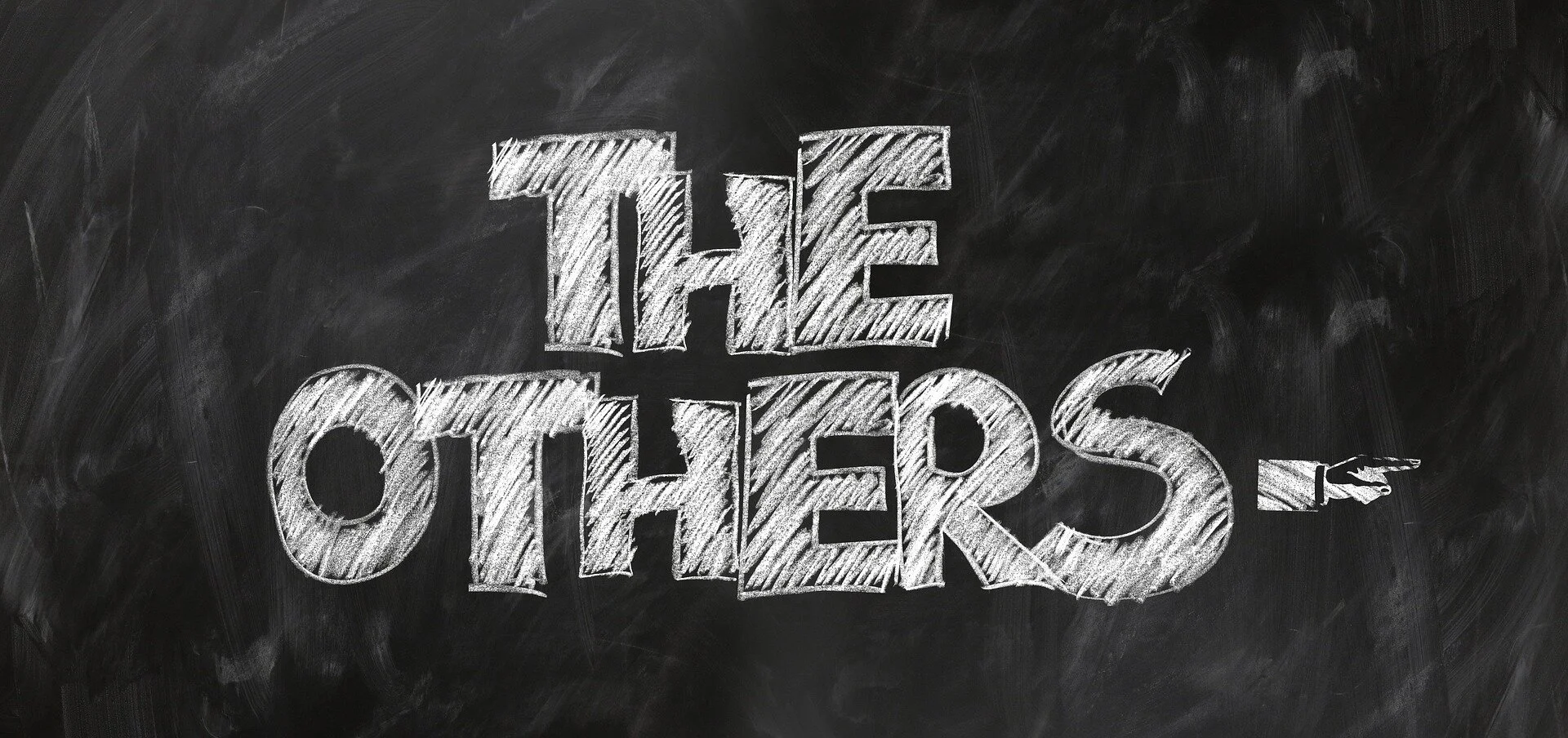Love Letter to Myself: Take Responsibility and Dont Be A Blame Artist!
Last year, I read a short story in the book "The Power of Alignment; How Great Companies Stay Centered and Accomplish Extraordinary Things" by George Labovitz and Victor Rosansky. It was a story about a poor but very religious man who everyday prayed to his God saying:
"Lord, please let me win the lottery."
For a long time, he never won the lottery. But towards the end of his life, he decided to change his prayer and asked:
"Lord, what must I do to win the lottery?"
It was at this point that the clouds opened up and the voice of the Lord said:
"Give me a break.. go buy the damn lottery ticket."
Reflecting on this story, I began to think some more about a natural tendency we sometimes have as humans to play the victim, lament, or blame some external forces for our misfortunes. At some point in our lives, we have all been down this road i.e., blaming our parents, bosses, current or ex partners, society, the economy, the government, Covid-19, or anything else – except ourselves.
While it is true that external factors can be responsible for the difficulties we encounter in our lives, and we might have valid excuses or good reasons for not being able to fulfil our responsibilities, it can be a problem to be perpetually fixated on these external factors.
"If you think the problem is out there, that very thought is the problem." - Stephen R. Covey
As I was researching this article, I came across the term "blame artist" which I found quite interesting:
"A blame artist will always blame and find an appearing logical/thought out way/strategy to it that, fundamentally, it's the other person who was the cause for all the trouble AND everything else that came from this trouble as well and from the next and so on." - Anonymous
As the definitions of the term suggest, blame artists tend to derive satisfaction from being the victim of their circumstances with little or no desire to take responsibility for any adverse outcomes. The basic assumption for such individuals is:
It is NEVER me; I am perfect, it is ALWAYS them, it is him, it is her, it is it that is responsible for all my troubles.
From my experience, when people have such reputations, it is a turnoff that makes it difficult for others to want to actively engage with them. And on a professional level, team members tend to find it difficult to entrust such individuals with responsibilities especially when they are in the habit of always trying to justify themselves (when things go wrong) or in a hurry to provide reasons why things couldn’t or can’t be done. Simply put:
If you are not able to deliver expected results, you are most likely not to be entrusted with more responsibilities.
As I approach the epilogue of an incredibly amazing professional experience which has provided me with extraordinary responsibilities to exponentially grow myself and skill-set, and now looking forward to a new and exciting challenge, I wrote this short love letter to myself:
Dear Kingsley,
although you might have no plans to win the lottery this year, it is vital to your personal and professional growth to continue to Take Responsibility. And most importantly, when things go wrong as they sometimes will, Dont Be A Blame Artist!

